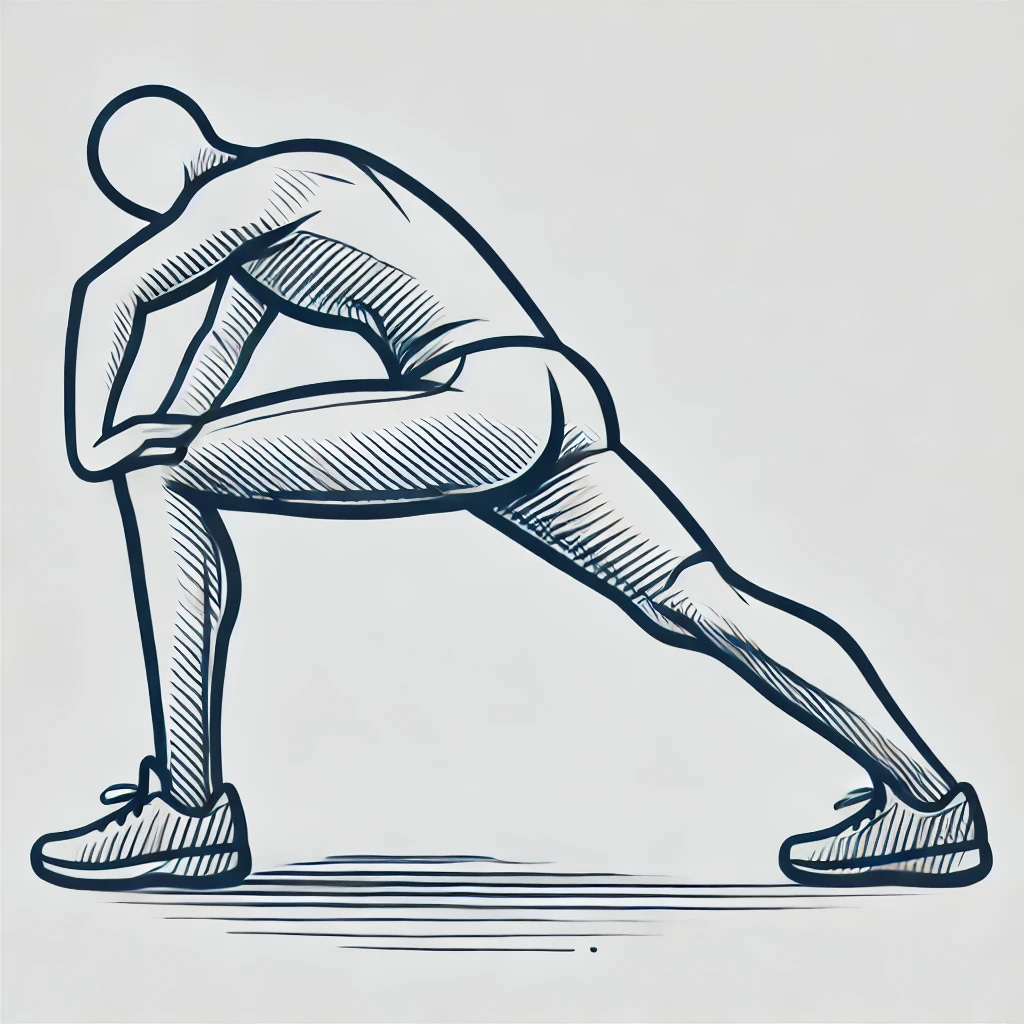Why You Need a Warmup
It only takes a few minutes, and it's not just for athletes and musicians
What do you think of when you hear the word “warmup”? If you’re like me, probably athletes limbering up before competition. But perhaps we should think of it more broadly.
Last week, I read an intriguing study that applied the idea of a warmup in less obvious arena: pediatric anesthesia.
The study randomized anesthesia trainees (residents, fellows, and nurses) into different training methods for infant intubation — a delicate procedure where a clinician inserts a small breathing tube into a baby's windpipe to help them breathe during surgery or in an emergency. Babies have baby-sized airways, and their oxygen levels can drop quickly, so getting the tube in on the first try is crucial to avoid complications.
Some of the trainees were given the traditional form of training: an experienced anesthesiologist guides the trainee through the intubation in an actual procedure on an infant. Others were assigned a warmup: just before the procedure, they spent five to ten minutes reviewing the seven steps for intubation on a manikin baby.
The results were striking. The warmup group successfully intubated an infant on the first attempt just over 91% of the time, compared to just under 82% in the traditional group.
My favorite way to describe the effect size of medical interventions is with the “number needed to treat,” or NNT, which is a measure of how many people need to undergo a certain intervention in order to get one additional success case. The number is usually higher than people expect. For example, the NNT for taking aspirin to prevent a first (nonfatal) heart attack or stroke is 333, meaning that 333 people have to take it continuously for one to avoid a nonfatal heart attack.1 In the warmup study, the NNT was about 10. In other words, for every ten trainees who got a 5 to 10 minute warmup, one more baby was intubated successfully on the first attempt. That’s a remarkable return on the investment of a few minutes.
After the intubations, the researchers gave trainees a short survey that NASA originally designed to measure the physical and mental workload of astronauts. Both trainee groups reported similar physical effort, but the warmup group reported lower mental demand, less frustration, and less feeling of time pressure.
I reached out to study co-author Anupam (Bapu) Jena — Harvard medical professor, physician at Massachusetts General Hospital, and also an economist — to ask whether he thought the trainee improvement came primarily from the warmup aspect of the manikin exercise, or just from the fact that it gave a very brief extra practice rep. Here’s what he told me:
“I think it’s probably a little bit of both. The reps are essentially practicing the physical element of the task, like a basketball player taking a few shots during warmup to establish muscle memory. But there’s also a cognitive aspect — mentally planning what the airway will look like, anticipating the procedure, and preparing for what to do if something doesn’t feel right. The key thing here, I think, is the timing.”
That timing being right before the actual performance.
In the paper, Jena and his colleagues cite other research on the benefits of warming up. They refer to obvious areas, like sports and musical performance, but also to work that found that a brief warmup on a simulator improved surgical performance. It reminded me of another (small) study I read, which found that a three-minute warmup on a pretty simple cognitive task (basically matching figures), improved subsequent performance on a much more difficult cognitive task.
I’d love to see more work in this area, but given the existing evidence, and the minimal time required, I’ll definitely spend a few minutes rehearsing before the next interview I conduct, or presentation I deliver.
Thanks for reading, and if you haven’t subscribed, please do!
If you enjoyed this post, please share it.
Until next time…
David





Good one David! Also reminds me of the Louis Pasteur quote: “chance favors the prepared mind” (and body)…
I've been thinking about this lately as a singer. My tendency is to 'clear my throat' a bunch of times in preparation for singing, but it's always better to SING THROUGH a cough or scratchy moment (if possible). Just keep singing, and the throat will clear. If you have the chance to warm up directly before performance, that's also an opportunity to clear the vocal cords of any lingering obstruction.
I like the parallel with mental performance. 'Warmup' is a chance to clear the mental pathways, so you can think through any problems as they arise, rather than suffering a disruptive brain-hiccup!